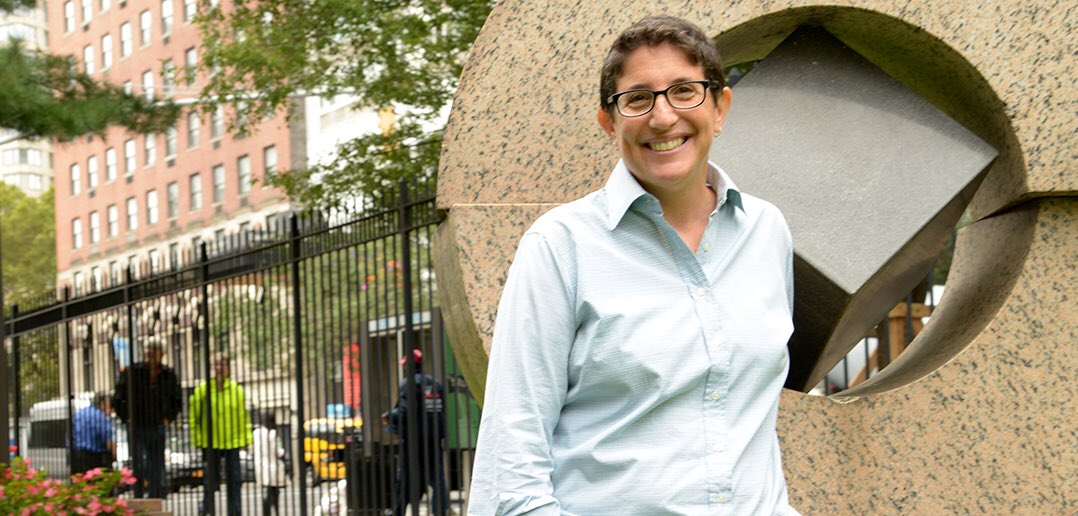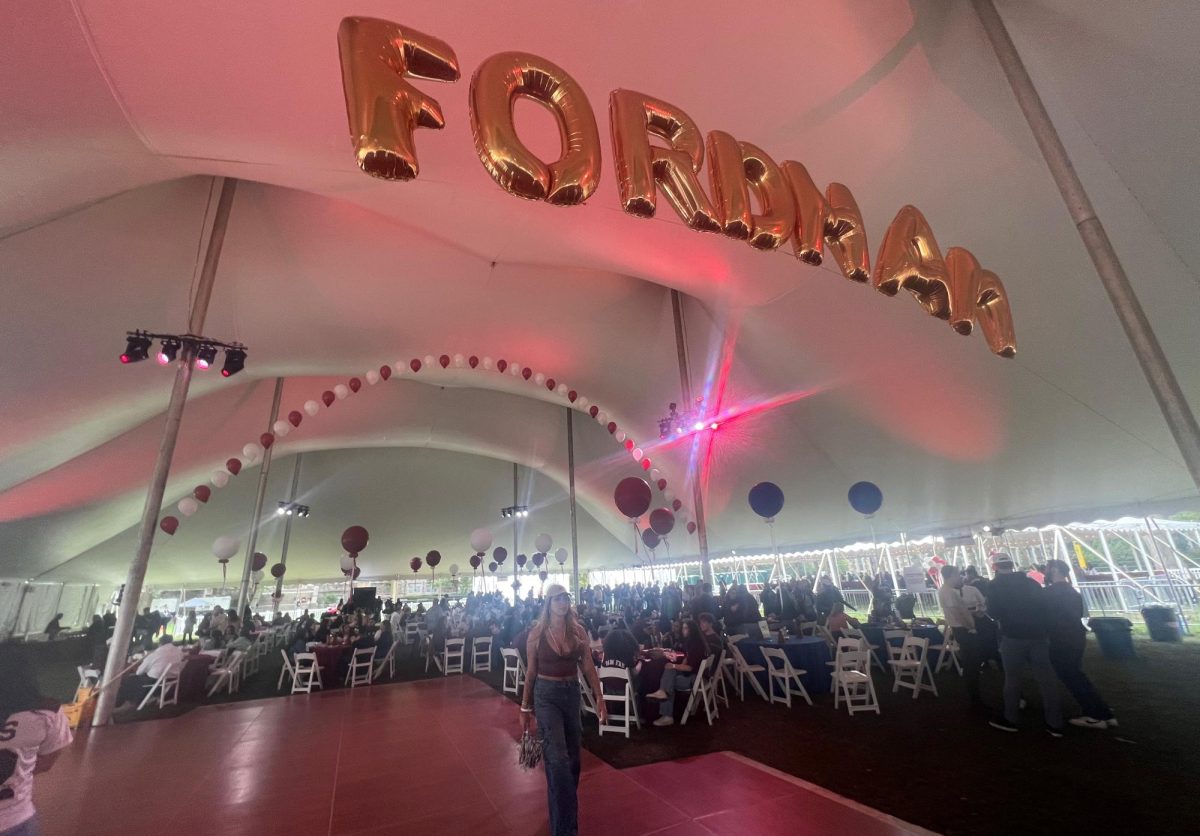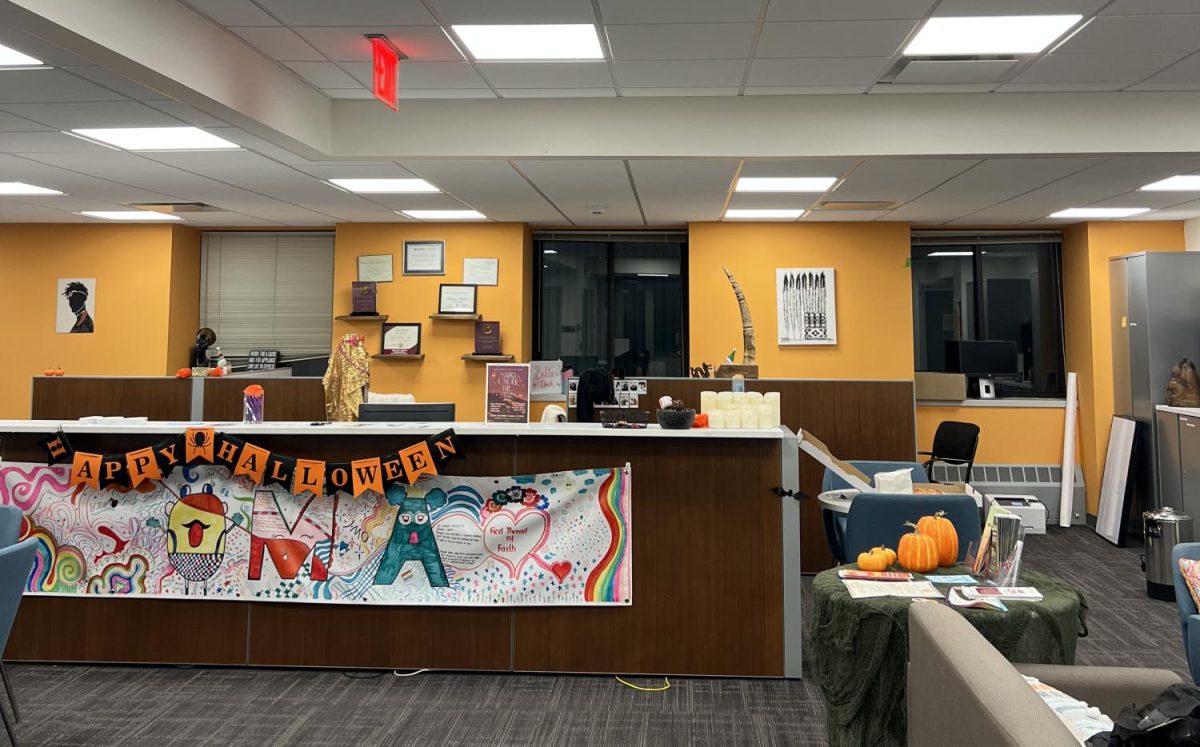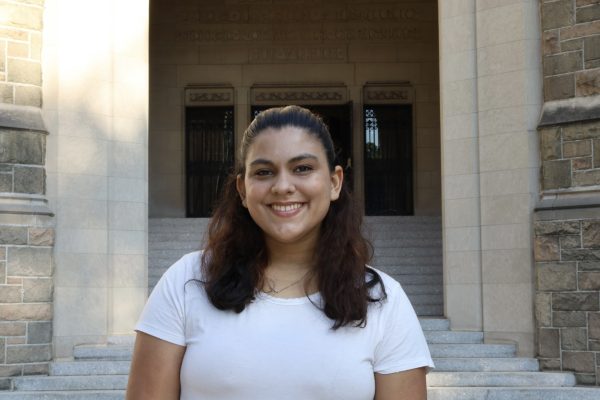On March 5, Fordham University held an interdisciplinary seminar run by Associate Professor Laura Wernick, focusing on their recent article relating to their career and experience as someone with learning disabilities and ADHD. Wernick explained that their goal was to help Fordham students and the greater community understand the benefits a disability justice lens would bring to the university, saying, “[it] will not only make the Fordham community more accessible, but it will help us engage in much stronger, socially relevant, meaningful and impactful scholarship that benefits us all.”
Wernick spoke on their personal experiences going through the education system with learning disabilities. They explained that they went undiagnosed before college, and the one time an assessment was done, it was more of an IQ assessment, after which they were told they were just being lazy and needed to work harder. Undergraduate studies took Wernick 7.5 years to complete due to disability struggles, and they were finally diagnosed during this time. “There have been wonderful individuals, administrators and deans, who have tried to make my own experience at Fordham and in my graduate program more accessible. However, there [are] bigger structural issues,” Wernick explained.
“Academia is not designed for people with learning disabilities or ADHD,” Wernick stated. They went on to elaborate that academia is not designed for people with any type of disability typically.
They explained how academic values tend to be at odds with disability justice values. One of the main differences they mentioned was the importance of individualism in academia as opposed to the embracing of interdependence in disability justice. In academic settings, it is expected that you will complete tasks independently, and your ability to do so is a measure of your value, whereas disability justice values interdependence and working with people of different strengths for the betterment of the work.
Another example of these contradictions is in the purpose and pace of research conducted. Wernick explained that in academia, the research is driven by the researchers, and they expect high production, often referred to as “publish or perish.” Alternatively, Wernick suggests that research through a disability justice lens would prioritize quality over quantity and community-driven research.
Wernick has spent much of their career working in community-driven research, particularly critical community participatory action research (CPAR). Wernick described this type of research to be led by community members on topics of interest to the community that are meant to actively intervene in the community and build collective knowledge. Prioritizing CPAR as the best method of research is one change Wernick listed pertaining to shaping academia through a disability justice lens. Others include creating opportunities for disabled leadership, increasingly valuing the voices of disabled scholars and training faculty in universal design. They explain that these changes would support Fordham’s mission as a Jesuit institution to educate for justice, curate the whole person and promote the worth and dignity of all people.
“The most immediate change I would like to see made is the development of a disability access office for the university as a whole, with someone hired who has advanced training in creating accessible universities as a whole, and specific understanding of the unique needs of faculty with disabilities,” Wernick stated. As of now, Fordham has the Office of Disability Services (ODS), but it services exclusively Fordham’s students.
Mary Brynes, director of ODS, explained that part of the reason for this is that there is a difference in disability law relating to students compared to employees. Though ODS has some knowledge of employment laws, they are not familiar with them like they are those relating to students and therefore could not provide sufficient help. Employment is designed so employees go through Human Resources (HR) for accessibility needs.
Brynes commented on the need for disability justice events such as Wernick’s, stating, “I think they are very important. We don’t sponsor too many things from this office because it is virtually impossible with our other responsibilities, but I do think they are important.” She explained that over 1,800 students are registered with ODS and that they must focus on their responsibilities to aid their students.
However, she stated that the ODS staff has wanted the Chief Diversity Officer to include more disability justice. She stated that they sponsored numerous events about race, gender and sexuality, explaining that while those events are important, “disabilities are a part of diversity, equity and inclusion (DEI) and [they] are acting like they don’t exist.”
With Fordham’s recent announcement that they are elevating the Chief Diversity Officer role to Vice President for Equity and Inclusion and Chief Diversity Officer, Brynes expressed ODS’s hope that this new person will include disability justice in their agenda. “When the new DEI person comes, I really want to meet with them,” Brynes stated. “I really want them to know that the landscape needs to reach to them [disabled people].”
Fordham faculty in numerous departments, including ODS, information technology, HR, legal and teaching staff, make up the accessibility committee that works to improve Fordham’s accessibility.









































































































































































































